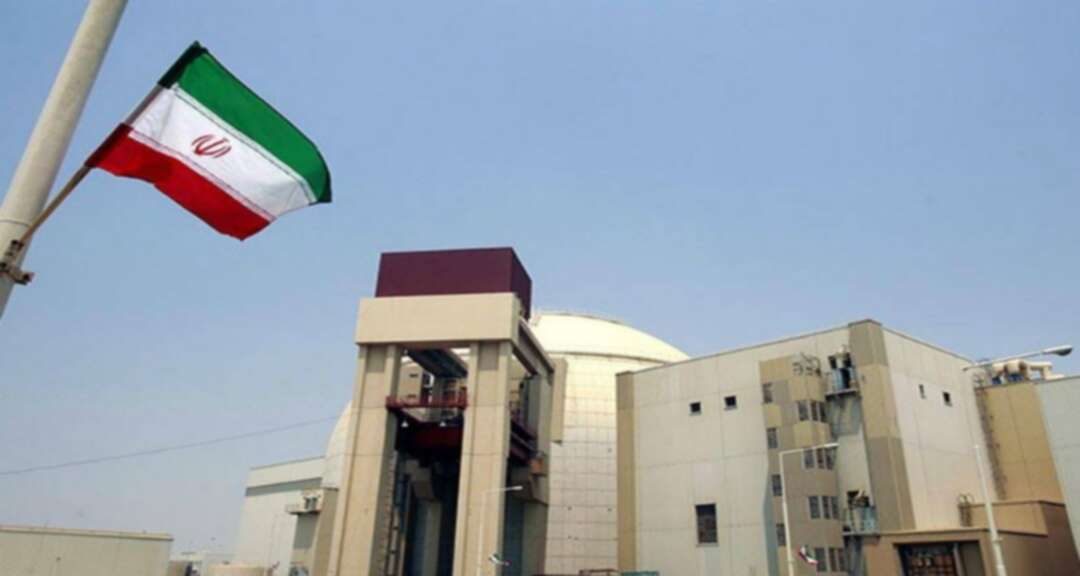-
Washington Threatens Severe Consequences for Tehran if Nuclear Talks Fail
-
The ongoing diplomatic exchange between Washington and Tehran highlights the difficulty of reaching a nuclear deal, especially under the maximum pressure policy pursued by the White House

On Friday, Donald Trump stated that "bad things" will happen to Iran if it fails to reach an agreement on its nuclear program. This came after Tehran announced its formal response to a letter from the U.S. president urging negotiations.
Trump told reporters at the White House, "I would much prefer to reach a solution with Iran. But if we don't, bad things will happen to Iran," according to AFP.
These comments coincided with the announcement by Iranian Foreign Minister, Abbas Araqchi, on Thursday, that Tehran had sent a response via Oman to Trump's letter, which called for a new nuclear deal.
Araqchi reiterated Iran's position, stating, "Our policy remains not to engage in direct negotiations under extreme pressure and military threats. However, as in the past, indirect talks may continue," according to Reuters.
The Iranian minister clarified, "Our response contains a detailed message outlining our views on the current situation and President Trump's message." He further confirmed on Friday that Tehran would not negotiate under threats, revealing for the first time during remarks to reporters on the occasion of "Quds Day" that Trump's letter contained threats, stressing, "The Iranian people cannot be addressed with the language of threats."
Araqchi added that Iran had carefully studied the letter and discussed its various aspects, noting that their response was delivered to the U.S. side in an appropriate manner.
He also mentioned ongoing efforts to allow space for diplomacy, denying the accuracy of leaked reports on the contents of Trump's letter, stating that the media's coverage was based on speculation and assumptions.
Some media reports claimed that President Trump gave Tehran a two-month deadline to respond to his letter sent to Iranian Supreme Leader Ali Khamenei in late February.
Iranian officials have repeatedly rejected negotiations under pressure and threats, while hinting at the possibility of indirect talks.
It’s important to note that Trump withdrew from the nuclear agreement in 2018 during his first term and imposed strict sanctions on Tehran, then in February reinstated the "maximum pressure" policy, which includes efforts to completely stop Iran's oil exports, despite his stated intention to reach a new nuclear agreement.
You May Also Like
Popular Posts
Caricature
opinion
Report
ads
Newsletter
Subscribe to our mailing list to get the new updates!






















